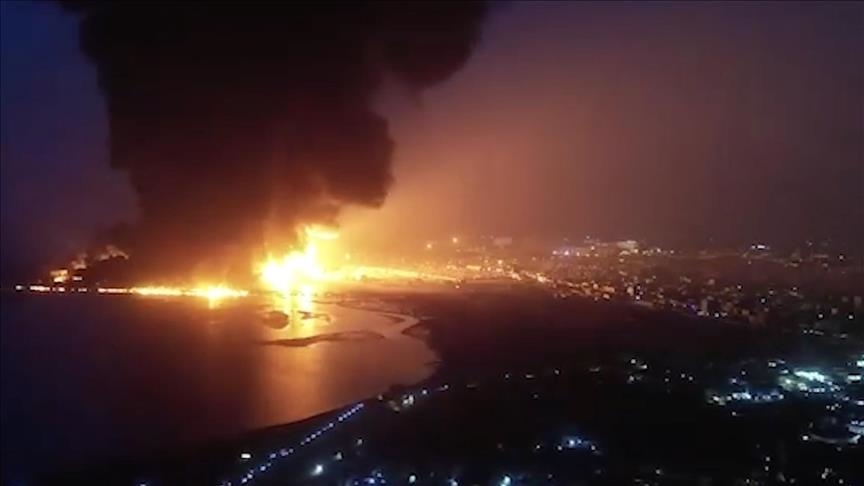Russia’s Parliament Amnesties Chechen Fighters
"The amnesty underlines the fact that the process of a political resolution to the conflict is irreversible," said Sergei Yastrzhembsky, Putin’s top aide on Chechen affairs.
The State Duma lower house of parliament overwhelmingly approved the amnesty by a 352-25 vote. Only by the liberal opposition Yabloko faction and the ultranationalist LDPR group run by Vladimir Zhirinovsky were opposed.
"The amnesty is a very serious instrument which should be used at the right time," said Yabloko’s Sergei Mitrokhin.
He argued that the amnesty was a Kremlin public relations stunt that would achieve little because the two sides were not yet even close to approaching the negotiating table for a true political resolution to the war.
"If there was an active political process taking place as well, it would be needed," he said.
"But at the moment, there is a deadlock, escalating violence and terrorist acts. In such a situation, the amnesty becomes a pure PR stunt."
Meanwhile reflecting the view of Russian nationalists, Zhirinovsky called the amnesty "shameful" and a "crime for the memory of our soldiers."
"You are covering the country in blood," Zhirinovsky told his fellow lawmakers before the vote.
The amnesty covers Chechen fighters but not Arabs who have joined the current campaign and applies to all conflicts in the turbulent republic over the past decade.
It comes into effect when it is published in the government-run Rossiyskaya Gazeta within seven days.
But few observers believe that Chechens will give themselves up in any large number since it would then be up to Russian courts to decide if the amnesty should be applied and fighters who have committed serious "crimes" are not eligible.
Human rights groups meanwhile are outraged that the bill also protects Russian soldiers who are accused of committing numerous violations against civilians in the republic.
A similar amnesty passed in December 1999 by the Russian parliament in the heat of the war failed miserably.
Russian state television at the time aired footage of a few dozen Chechen fighters laying down their arms and ran interviews with generals who said the Chechens were giving themselves up by the hundreds.
But that amnesty failed to put an end to the fighting. Some rights groups argue that many of the Chechens who gave themselves up at the time were never heard from again.
Putin, who has come under international pressure to open a political dialogue despite his support for the so-called global "war on terror", has pinned his hopes on the current bill.
It comes after a March 2003 constitutional referendum aimed at setting up political institutions in Chechnya. That vote also gave the republic limited autonomy within the Russian Federation.
But Putin’s peace efforts were shattered in recent weeks by bombings that have claimed more than 100 lives.
Putin has so far failed to comment in public on the latest attack Thursday which killed 19 victims as well as the female bomber according to the latest toll.
Dressed in a white medical overcoat covering explosives strapped to her body, the woman approached a red-and-white bus filled with air force officers and civilians as it was traveling toward a Russian military base in North Ossetia, near the Chechen border.



